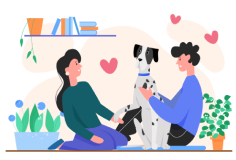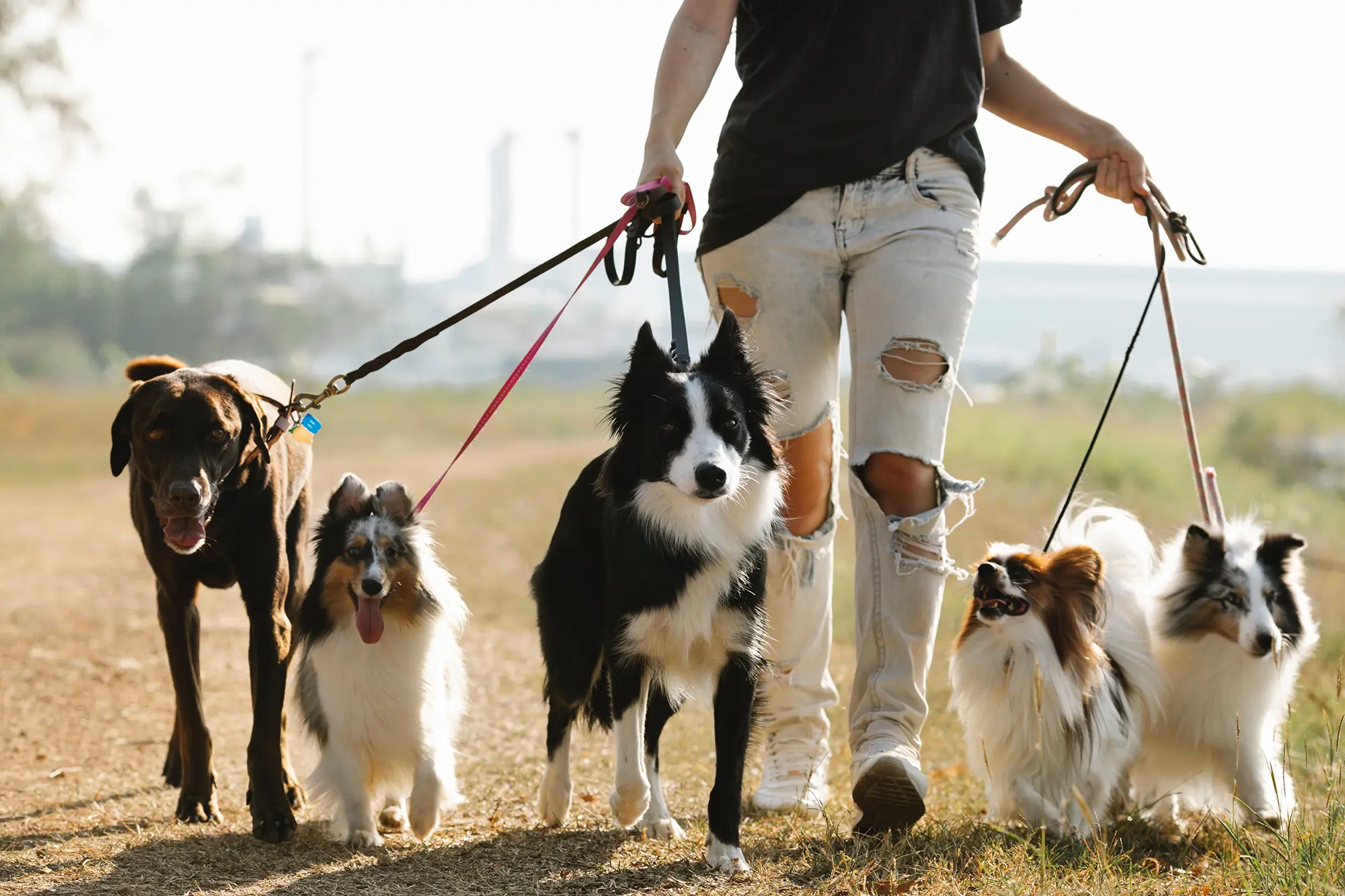how to gently stop your puppy from biting?
Author: PawPots Team
 07 May 2024
07 May 2024
 3 min
3 min Bringing a new puppy home is full of fun and a bit of mischief as they love to nibble. Puppy biting is part of their growth, but it's essential to teach them gentle behavior early on. What might feel like cute little bites now can become more painful as they grow. Let’s explore how to guide your puppy towards better habits and the importance of bite training.
Free Vet Help for Your Puppies
Understand Why Puppies Bite
Puppies bite for natural reasons, much like a baby exploring with their hands. It's part of their learning and socializing process.
Teething Might Be Causing Discomfort
When puppies are around 12-16 weeks old, they begin teething, causing gum soreness that makes them chew to ease the pain.
Biting as Exploration
Biting helps puppies learn about their environment, including their human and puppy friends, and even objects around them.
Playful Nibbles
Nibbling is also a playful activity for puppies. It's how they interact and show affection, though it's crucial to manage this behavior as they grow.
Why It's Crucial to Train Puppies on Bite Inhibition
Training puppies on bite inhibition is critical. It helps them understand how to moderate their bite force, which is especially important in surprising or scary situations.
Simple Steps to Reduce Puppy Biting
Teaching your puppy not to bite doesn't require harsh methods but patience and consistent guidance.
Never Hit Your Puppy
Firstly, never hit your puppy. If training at home is challenging, consider professional dog training classes.
Use Healthy Timeouts
If your puppy continues to bite, a short timeout in their crate or stepping out of the room can help them learn that biting isn't acceptable.
Offer Suitable Chew Toys
Provide chew toys that satisfy their need to bite without damaging anything or hurting anyone.
Reward Good Behavior
Encourage your puppy by rewarding them when they play gently without biting hard.
Consider Puppy Training Classes
If you're struggling, puppy training classes can provide professional guidance, helping your puppy learn faster.
Socialize with Trained Dogs
Allowing your puppy to meet and learn from well-behaved dogs can help them understand social cues and appropriate behaviors.
Conclusion
Patience is key in teaching puppies not to bite. Consistent, gentle guidance helps them learn acceptable behavior, and celebrating even small progress can make a big difference. For more detailed guidance on caring for your new furry friend, check out this comprehensive advice for new dog parents.

Give Back The Love
Show your love to your pets with our high-quality, delicious and healthy meals! Show your love to your pets with our high-
quality, delicious and
healthy meals!






